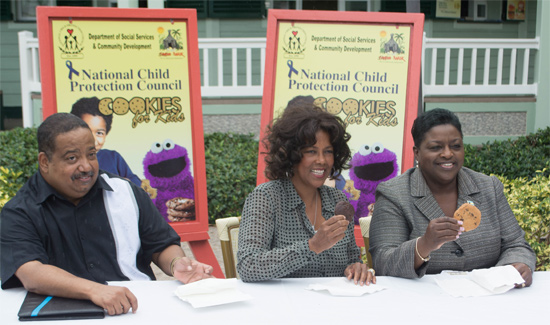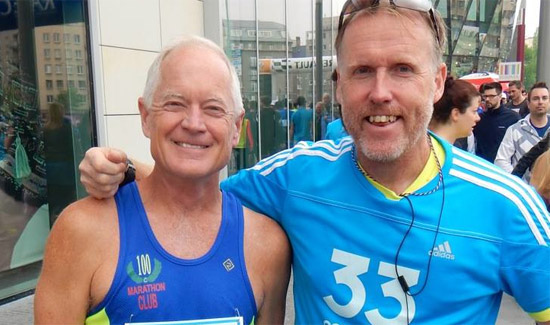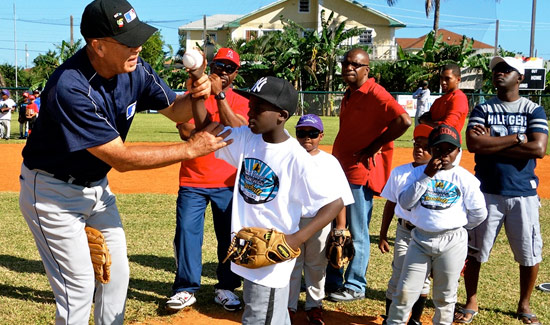All Bahamians should be proud of our athletes who competed in the 2011 IAAF World Championships in Daegu, Korea. They did a good job and I applaud their efforts.
However, an article recently published in the Nassau Guardian is misleading.
Written by Sheldon Longley, the Guardian’s Sports Editor, the article plays on a silly statistic in an attempt to make the Bahamas sound like they were the stars of the event.
While the Bahamian team did better than some other teams, there wasn’t anything in the performance of our athletes that could be considered outstanding.
Sheldon starts his article by saying, “The official numbers aren’t out as yet, but when they do come out, The Bahamas could very well, once again, be the athletic per capita champions of the world.”
That may be true, but it is silly to dwell on that. It stifles further improvement and makes some think they can rest on their laurels after such a ‘record-setting’ performance.
It would be like a headline screaming that the national grade average has improved, then quielty reporting in the article that it has improved from a D- to a D+.
The NG article reports that, “Team Bahamas finished 31st overall with 11 points, on the placing chart here in Daegu, South Korea, and tied for 33rd overall with eight other countries in the medal standings, with its one bronze.”
Now, I am not sure, but I think there were about 90 countries competing. Coming in at 33rd place, tied with 8 other countries, really isn’t so great, it is acceptable.
That’s the problem with the Bahamas and with Bahamians, they are so busy patting themselves on the back it is difficult to find the time to improve. Maybe that’s why we have a national grade average around the D-mark.
Sheldon goes on by saying, “The lone medal continued a remarkable trend in which this tiny nation of just 300,000 people has won at least one medal at every International Association of Athletic Federations’ (IAAF) World Outdoor Championships since 1995.”
Again, that is nice but, I am sorry to say that I do not think it “remarkable.”
The United States, Russia, Kenya and Jamaica, per capita or not, out-performed all other teams. Their athletes presented a “remarkable” performance with several of them setting new world records.
Sheldon brags that, “The Bahamas was the sixth best Caribbean nation, as St. Kitts & Nevis with its two bronze medals, and Grenada with its one gold, also finished ahead of The Bahamas on the placing chart.”
Again, sixth best in the Caribbean isn’t really something to get real excited about. Would we be happy if we were in sixth place in tourism, or financial services, or per capita income? I doubt it.
Would being the 6th best sales person in your company warrant such glowing accolades?
Heaping praise on young people for an acceptable performance, takes the value out of praise for outstanding performances.
This seems to be obvious in many other areas of Bahamian society, including schools and the workplace.
In an interview on 60 Minutes, Wall Street Journal columnist Jeffrey Zaslow talked about this new trend.
“When we were younger, you had a piano teacher who expected you to practice your piano and work hard at it, and the parents expected it. And now, the parents say, ‘Have fun, learn the piano, practice a little bit.’ So, there’s not the expectations that they will achieve and work hard,” Zaslow says. “It’s not the same work ethic.”
Please do not get me wrong, I am truly proud of our athletes but I think the focus should be on their potential, not necessarily their performance.
BAAA president Mike Sands got it right when he told the Guardian, “despite the many setbacks the team suffered, he’s encouraged based on the potential of the team. He said a number of athletes on the team are still very young, and will now have that experience under their belts when the Olympics roll around next year.”
Let’s all support our athletes in their endeavors, but save the glowing accolades for truly ‘remarkable’ performances.



